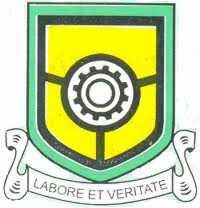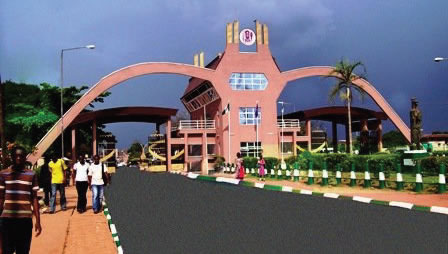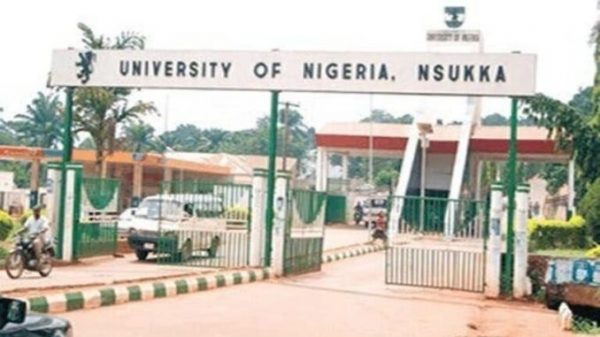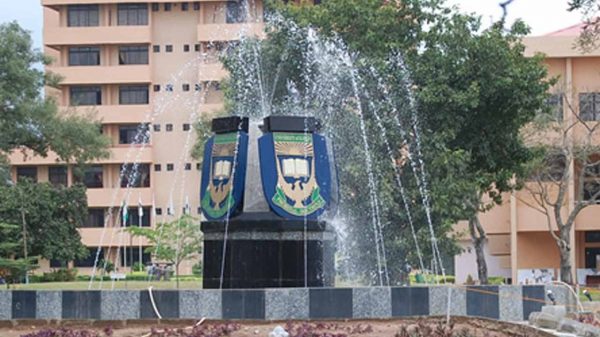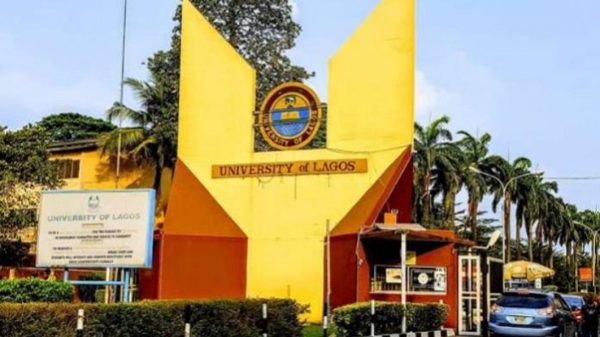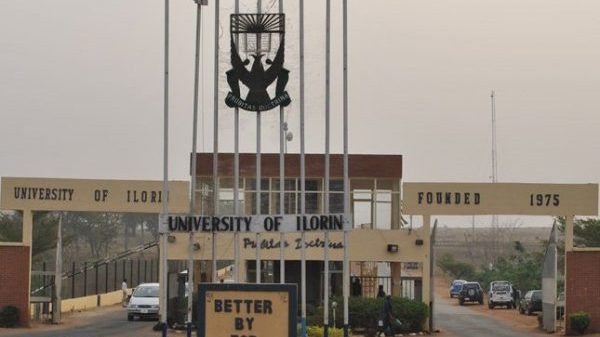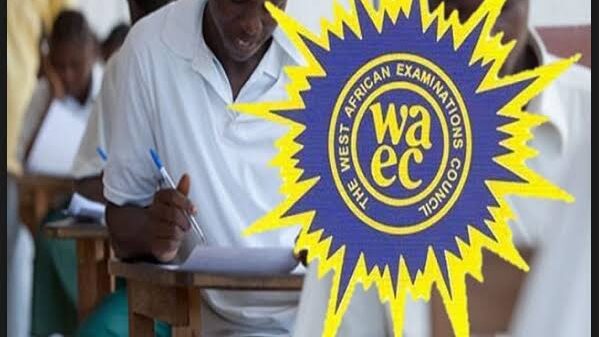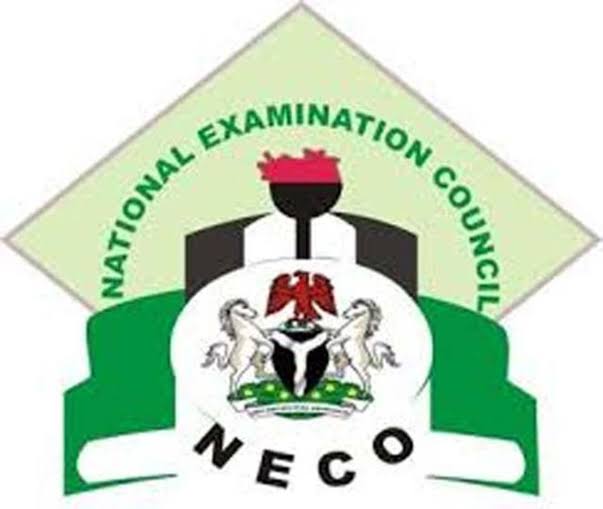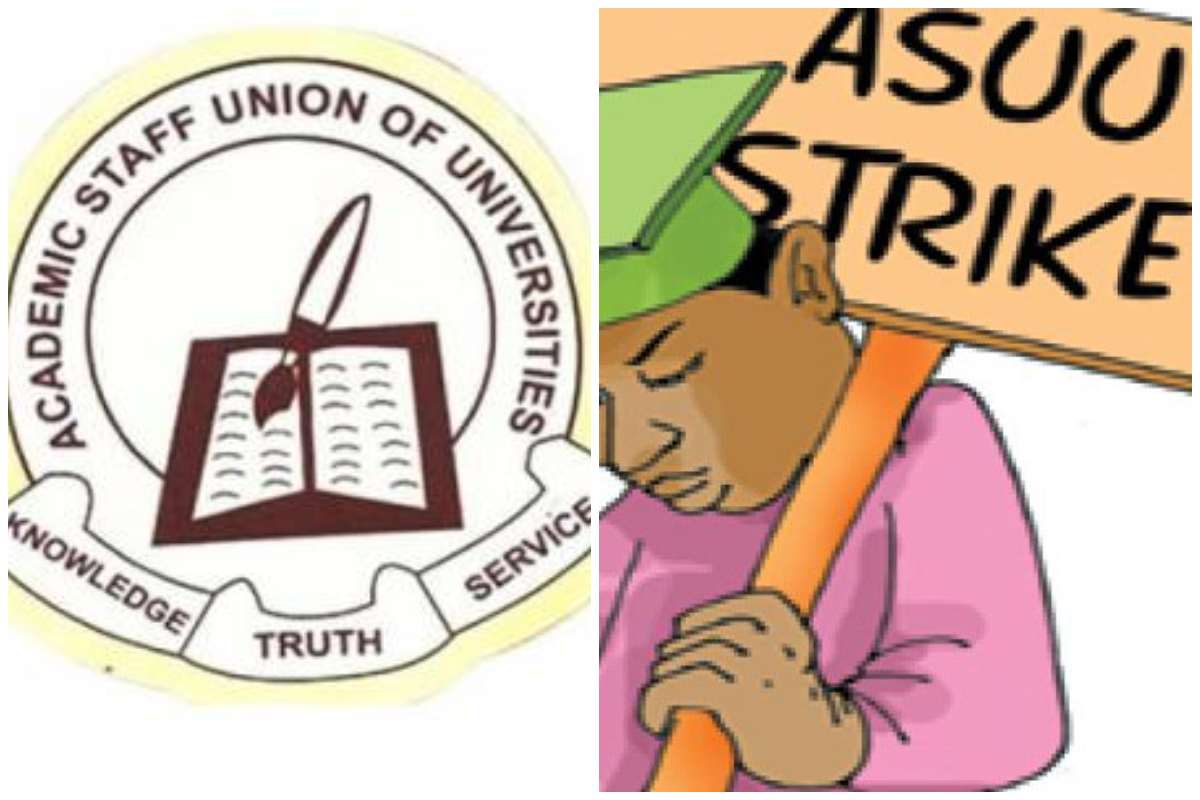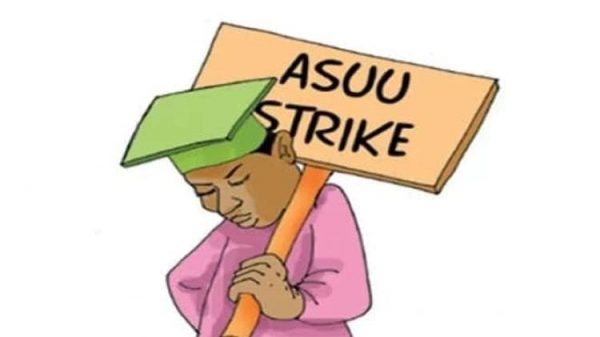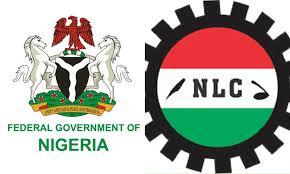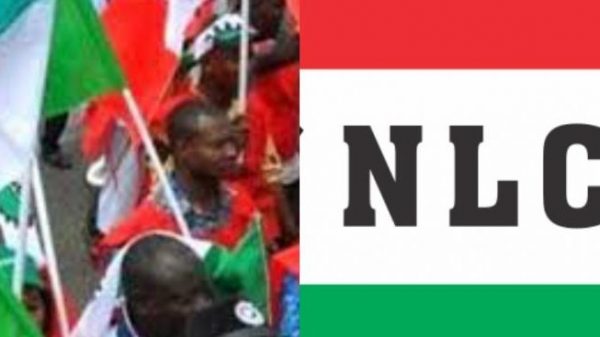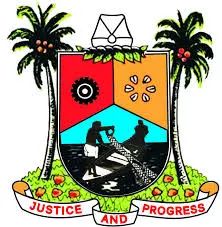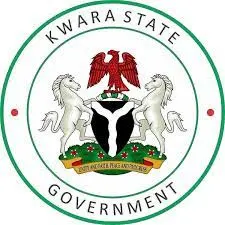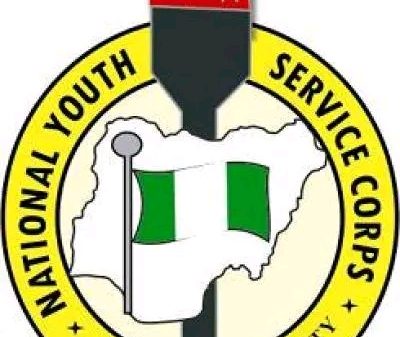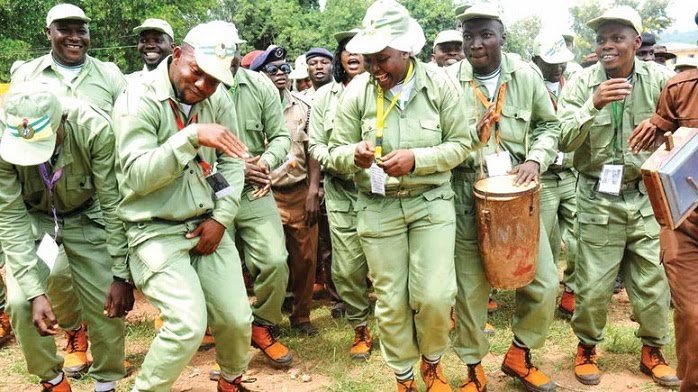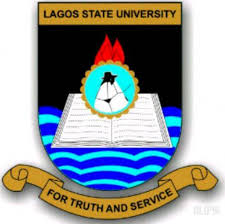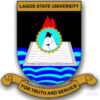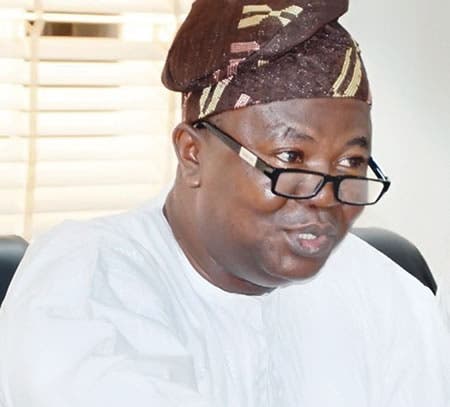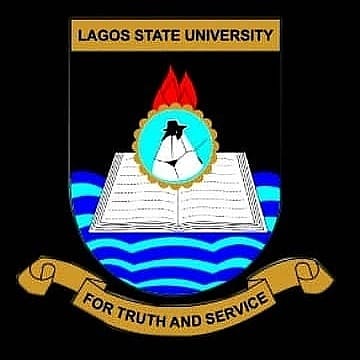
The leadership of the Academic Staff Union of University (ASUU) has said it would call off its industrial action if progress is made on key areas, including revitalisation fund, lecturers-earned allowances and funding of state universities.
This is coming as the Non-Academic Staff Union of Educational and Associated Institutions (NASU) yesterday threatened to begin strike in all federal universities, polytechnics and Colleges of Education when schools resume if nothing was done to address its grievances.
Against the background of the demand by the federal government for ASUU to call off its strike before resumption of the next phase of negotiations, ASUU President, Prof. Biodun Ogunyemi, said the union is ready for negotiations, but that the suspension of the strike would be dependent on how the federal government responses to its key demands.
He listed the demands to include earned academic allowances, revitalisation, presidential visitation panel to federal universities, and proliferation of universities by state governors.
Ogunyemi said the way forward is “that we should talk; the government should open a space for discussion, as we are ready to discuss and make concrete agreements on those issues we have raised; earned academic allowances, revitalisation, presidential visitation panel to federal universities, discuss the proliferation of universities by state governors and government issues in state universities, as establishment of universities has been turned into constituency projects.
“The final issue I will raise is about renegotiation which we have been on for more than three years, and a stop must be put to it. When you put all these five issues together, you will see that we had a genuine reason to go on strike, and if the government won’t put an end to it with prejudice to what we are doing to support the health sector, we will continue to do that.”
While reacting to the statement by the Minister of Labour and Employment, Senator Chris Ngige, that lecturers should reciprocate the olive branch which the government has offered in paying their salaries while on strike, Ogunyemi said salaries were not part of the issues being negotiated.
According to him, “What have they granted that our action would be suspended? We have stated that there are two crises in Nigeria today-the health crisis and educational crisis. So if there is crisis in the health sector, and we are all working together, including ASSU, so what is the problem? Why did they demand that until we suspend our strike they will not talk to us about the second crisis, how does it disturb the other?
“Presently, our members all over the country are conducting research on COVID-19; they are on the field as front line workers. Our members are donating sanitizers, buckets and every other thing we can afford at our own expense to support the government.”
Ogunyemi said ASUU has responded to the current situation imposed by COVID-19 by urging its members in the health sector to resume work and contribute in all efforts aimed addressing the pandemic in the country.
Meanwhile, NASU has threatened to begin its own strike in all federal universities, polytechnics and Colleges of Education when schools resume if nothing is done to address its grievances.
The General Secretary of NASU, Peters Adeyemi, stated in Abuja yesterday that the non-teaching staff union is protesting short-payment of its members’ salaries since February 2020.
The association said it has filed the Trade Dispute Act CAP 432, Trade Disputes (Essential Services) Act, CAP 433 of the of the law of the federation of Nigeria 1990 and Trade disputes (Amendment) Decree No 47 of 1992 otherwise called Form TD/3.
Adeyemi duly filed official complaints against the Accountant General of the Federation.
In its filled form TD/3, titled: ‘Notification of trade dispute, inter and intra-union disputes by employers/workers organisation among others, NASU raised issues in the dispute to include non-payment of salaries to some staff, short-payment salaries to some staff, failure to pay approved allowances as contained in the FGN/NASU 2009 agreement, non-deduction of check-off dues, and non-deduction of cooperative and other deductions of its members in the federal universities and inter-university centres, federal polytechnics and federal Colleges of Education.
NASU also stated in the petition that various steps aimed at resolving the crisis have failed.
It itemised the steps taken so far to include meeting of NASU leadership with the Director of IPPIS on January 21, 2020, and another meeting of NASU leadership with the same director on February 4, 2020, which did not yield the desired result.
In a letter to the Minister of Labour and Employment, Dr. Chris Ngige, declaring a trade dispute, Adeyemi said despite the assurances given by Ngige, the crisis has continued to linger.
He said: “Regrettably, despite your assurances via a telephone discussion sometimes in early April 2020, the officials of Integrated Payroll and Personnel Information System (IPPIS) have refused to effect appropriate corrections of all the anomalies observed by NASU members in the federal universities and intra-university centres, federal polytechnics and federal Colleges of Education up to this current moment, namely: salaries paid to our members in February, March and April, 2020.”
Adeyemi further highlighted that NASU’s complaints as contained in its letter dated April 7, 2020, fell on deaf ears as none of it was addressed in the March salaries.
Conveying the strike notice to its members during the weekend through a letter with reference number NASU/CD/307/209, NASU told its members that the 14-day warning strike would be used to protest the refusal of IPPIS to react positively to issues that affect the correct payment of its members’ salaries and other errors identified which have been placed before the IPPIS for correction.
About Author

